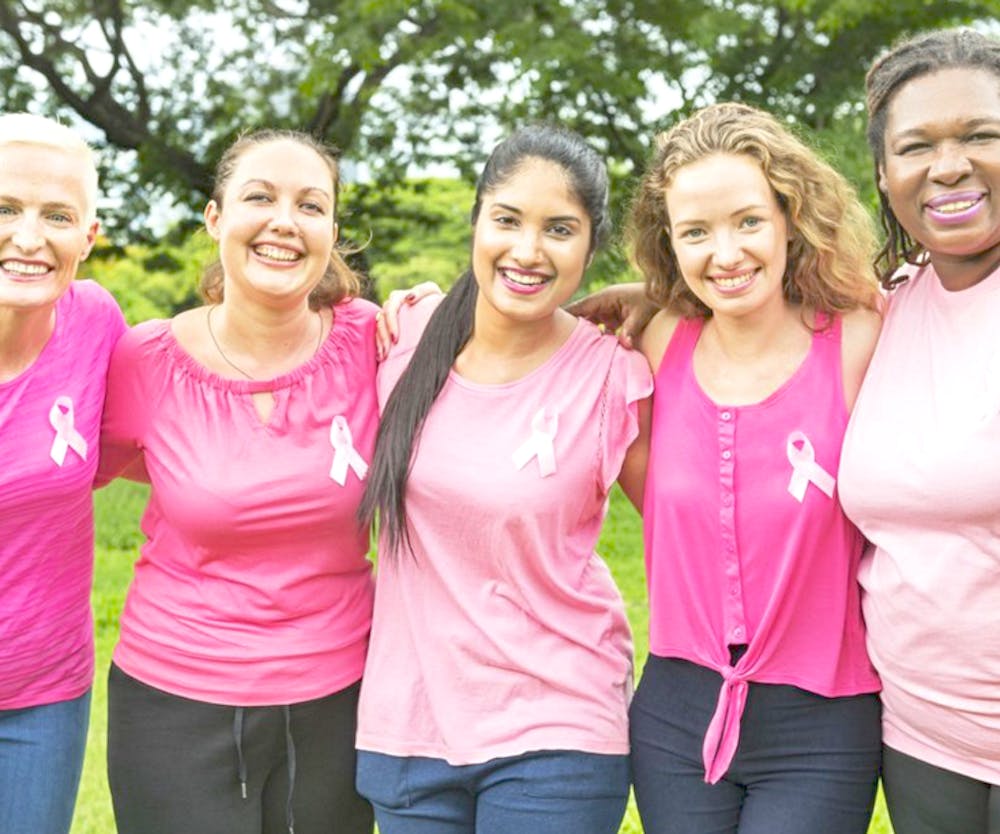By Camille Furst
With October being Breast Cancer Awareness Month, both corporations and citizens alike have been smothered in the color pink, all in an effort to bring awareness to this disease. However, a light must finally be shed on the true consequences of these pink ribbons and other products being sold throughout the nation in the name of breast cancer awareness.
According to the University of British Columbia, corporations like Susan G. Komen for the Cure, Reebok, KFC’s Bucket for the Cure, Avon and many others are guilty of “pinkwashing,” or the exploitation of the pink ribbon for breast cancer awareness for their own profit.
This surge of the commercialization of breast cancer awareness has been present and growing for the past two decades. While women are now able to talk freely and openly about their disease, unlike those who struggled with breast cancer several decades ago, there are severe consequences of this transformation. Through this overcommercialization, breast cancer has become oversexualized, oversimplified and completely misrepresented.
Lara Huffman, in her article “My Disease Isn’t A Cutesy Slogan,” mentions various advertisements and slogans that are the product of this commercialization. These include “Save the Hooters” and “Save Second Base.”
“What I and so many others have been through isn’t funny,” she wrote. “It’s time we start taking a life-threatening disease seriously.”
This disease is also completely misrepresented — labeling an entire disease with the color pink assumes that it is innocent, pretty and fleeting. Justice Hehir in her poem, “I’m Not Buying It,” describes the deceptive association of the color with the disease.
“None of it prepared me for laying back on the ultrasound table, as I waited for the killer to show itself,” she wrote.
Not only are these corporations smothering such a horrible disease with a frilly facade, but the American people are purchasing these products without any awareness of the consequences it has for women with breast cancer.
The consequences of the commercialization of breast cancer are so hidden in American society that many are not aware of what is truly happening. These women who struggle with breast cancer must undergo treatment and severe hardship while being expected to simply “think pink.” It is time we pay attention to the consequences of marketing and purchasing pink ribbons and other products.
Hehir once again summarizes her argument by stating that “when women get sick … they bleach the red of our pain … and they make it pink.”
When a woman is diagnosed with breast cancer, she is expected to have breast cancer in a pretty way — one that doesn’t frighten others or show pain.
They are expected to fight against this cancer by wearing pink and masking their fear. These corporations who are bleaching the red of this pain make it pink so that they can “sell it back to us,” according to Hehir.
The one simple solution, however, is “not buying it.”
One (in eight women) will be diagnosed with breast cancer in her life, according to cancer.gov. It’s time we put down the pink ribbons and products and instead take a deeper look into the disease that causes harm to so many women. We must take breast cancer seriously and truly acknowledge those women who have undergone or are currently undergoing treatment.
Students share opinions around campus
"Is breast cancer over-commercialized?"

“It’s good to raise awareness, but it’s kind of branded for people’s profits.”

“The way that it is commercialized is sometimes problematic. I don’t like ‘I love boobies’ slogans.”







